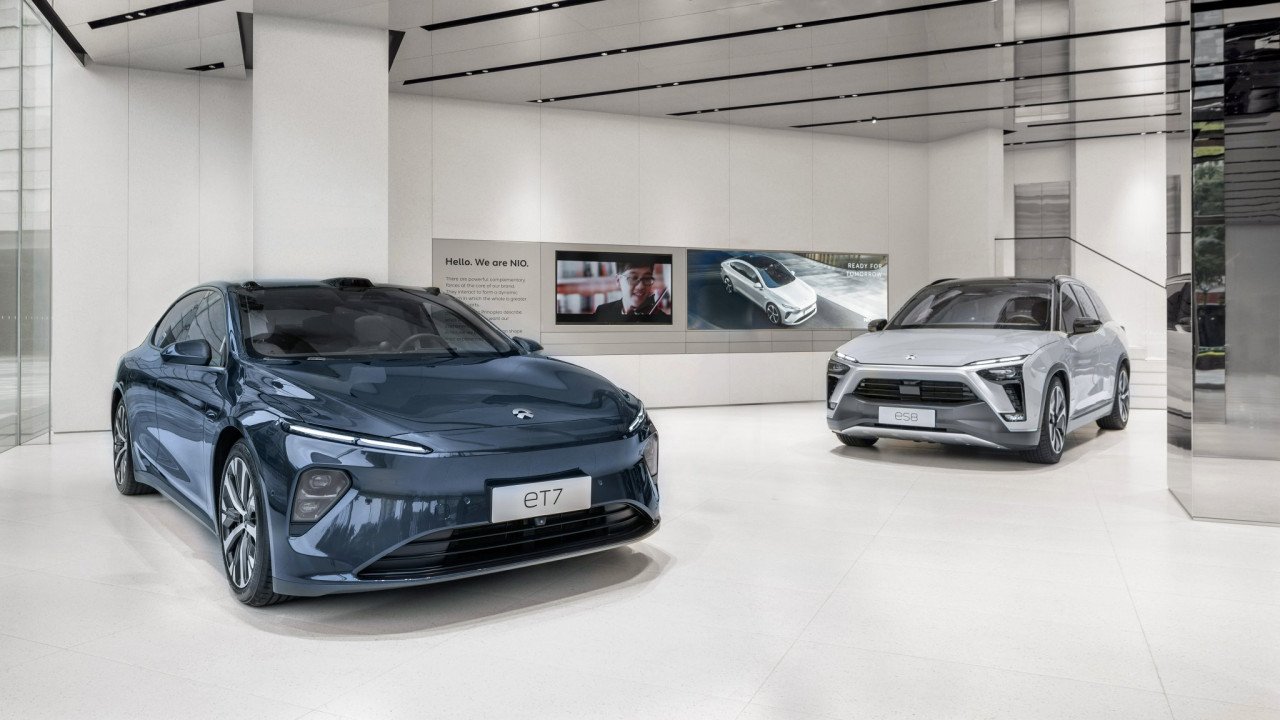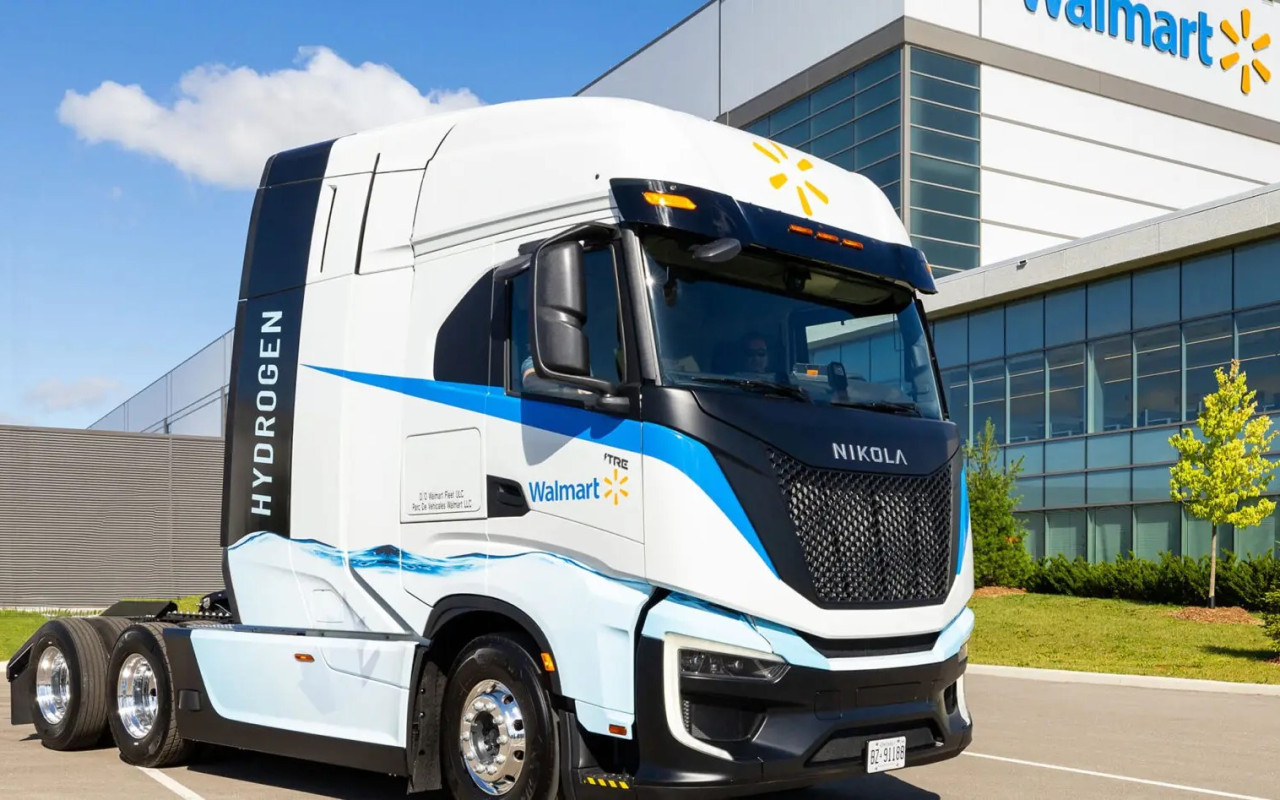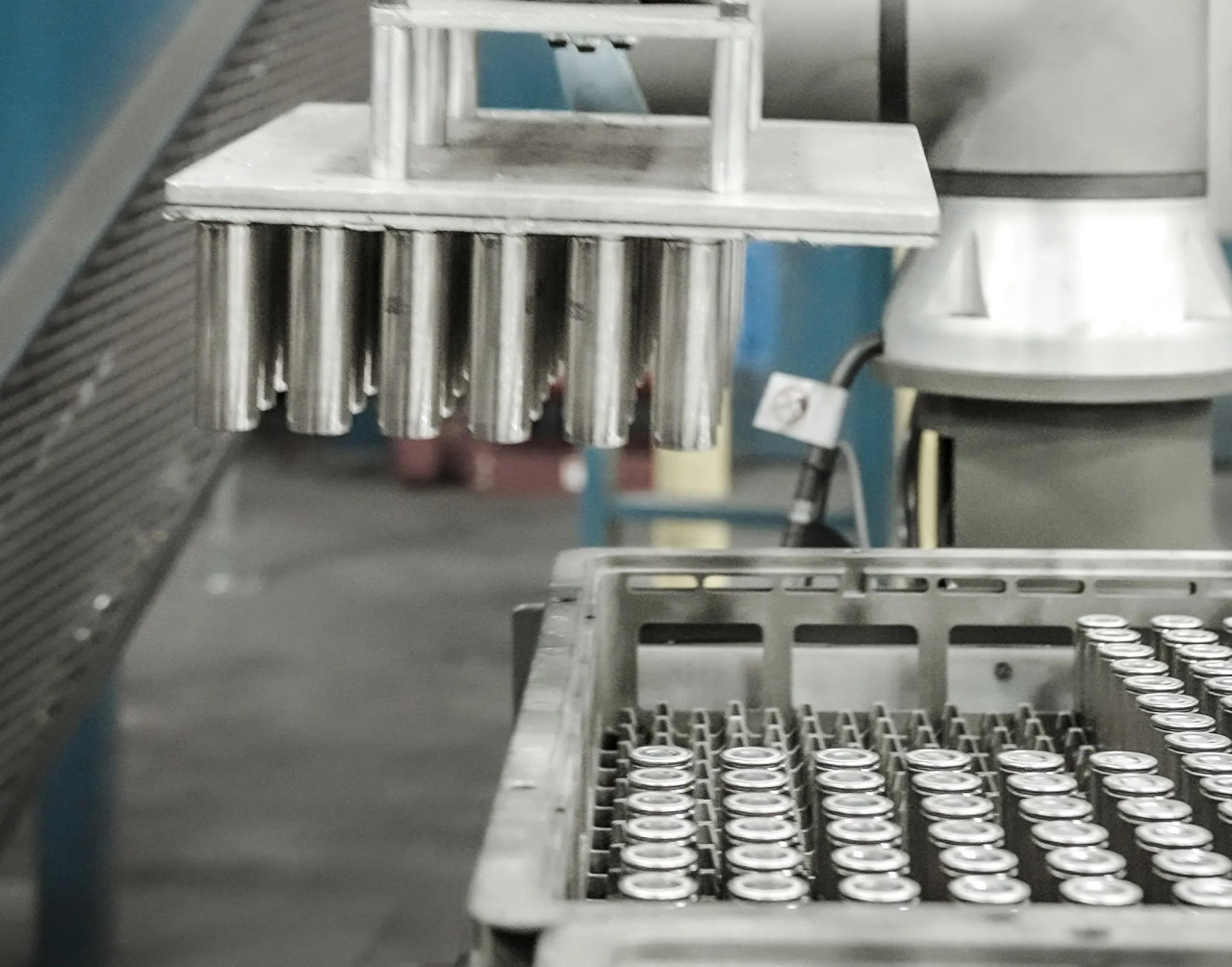NIO's first EV battery plant could come up in Hefei with a capacity of 40 GWh
Chinese pure-electric automaker NIO is planning to build its first battery plant to make cylindrical battery cells on its own for its electric cars, according to Reuters' recent report. The company is currently dependent on CATL for the sourcing of batteries.
It is said that the annual capacity of the planned battery facility in Hefei in eastern China's Anhui province is 40 GWH, well enough to support 400,000 long-range EVs per year.
In mid last year, NIO's Founder and CEO William Li acknowledged his company's intent to develop its own batteries. The company has already established a battery team with over 400 people to research and develop capabilities on the areas of battery materials, cells, and BMS.
He had also said that the NIO's in-house battery cells will go into production in 2024 and support the brand's 800-V fast-charging standards.
Further, NIO had convened a battery partners forum in Hefei a couple of days ago, hosted by CEO Li and attended by leading companies in the Chinese battery supply chain, according to Chinese media CnEVPost.
The companies said to have attended the event include Tsingshan Holding Group, Zijin Mining Group, and Shenzhen Chengxin Lithium Group, battery recycler GEM, and other battery material companies including Zhicun Lithium, Ningbo Ronbay, Ningbo Shanshan, Beijing Easpring Material Technology, and Shenzhen Capchem.
It appears that NIO is committed to developing cell-level manufacturing capabilities to support its long-term EV plans by streamlining its upstream and downstream battery supply chain.
With pressure mounting on CATL to retain its key customers, the battery giant is also said to be pushing strategic negotiations with NIO, Zeekr, Huawei, and Li Auto on battery procurement costs.
According to CnEVPost, CATL has agreed to settle with car companies for a portion of their power battery supply at a price of RMB 200,000 per ton of lithium carbonate for the next three years. But the companies have to commit about 80 percent of their battery purchases to CATL to effect the deal.
The media report also notes that the companies are less inclined towards CATL's proposal, as the proposed concessions do not involve baseline price negotiations, and the pricing is still based on a base price and an additional cost linked to lithium carbonate prices.
RELATED: Xpeng unveils 480 kW Supercharging Technology promising 200 kms range in 5 mins



















